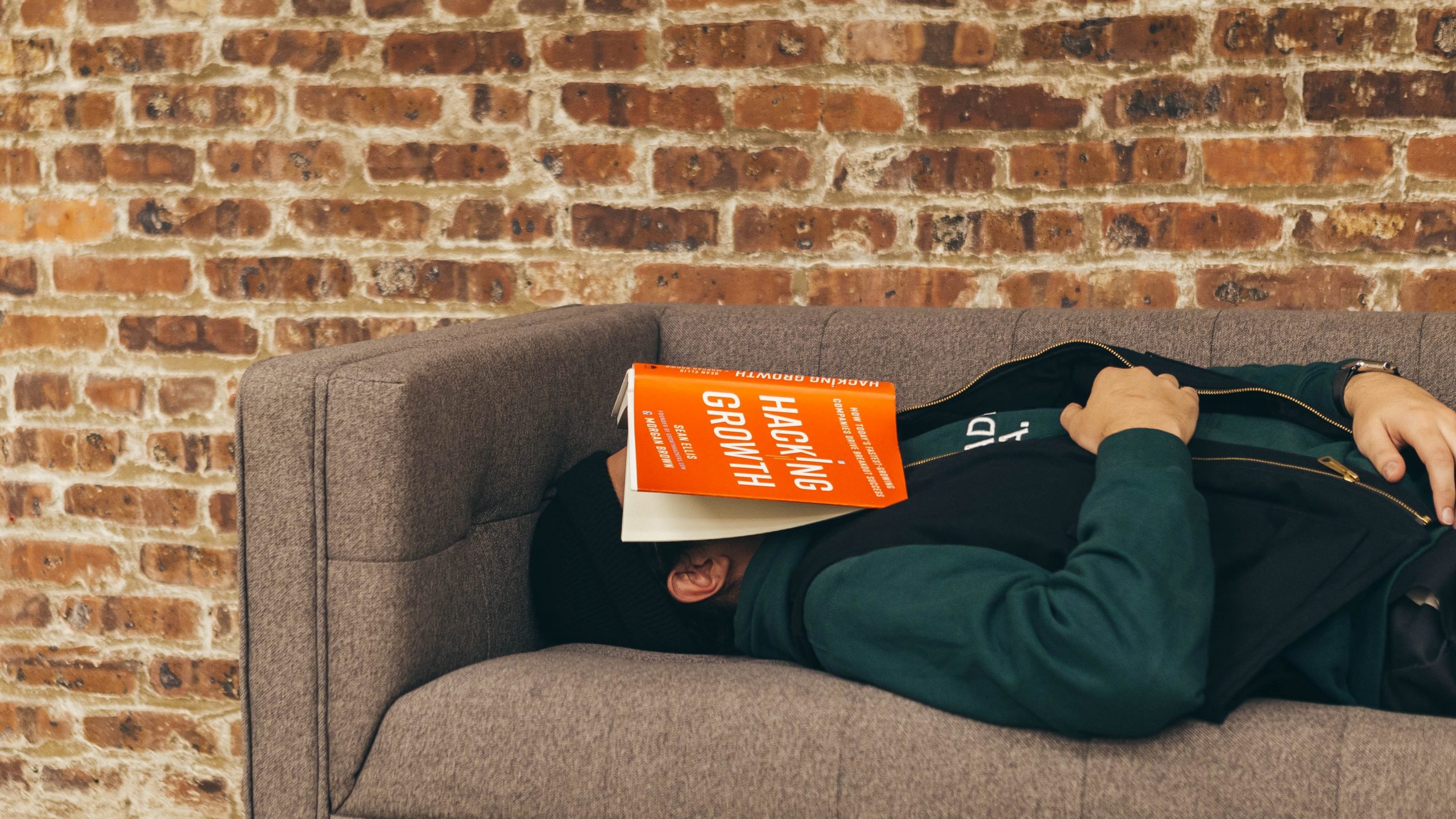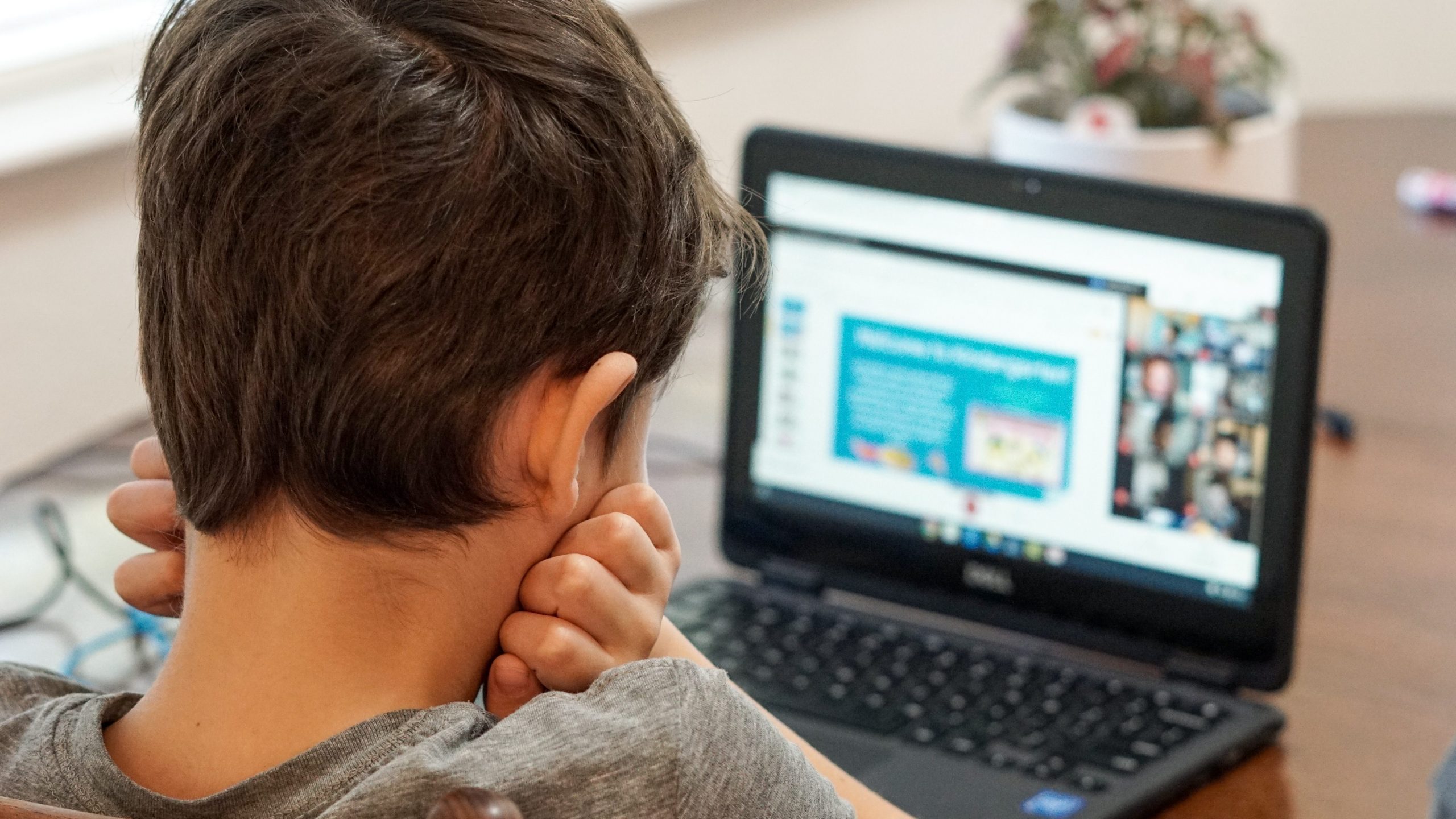There is no denying that the coronavirus has hugely impacted our lives. For the most part, the impact on our lives have been negative, and, in some cases, it has even been tragic. And it does not seem there is any end at sight.

But not everything has been negative; there are a few silver linings. We have been forced to streamline and automate our processes and expedite our evolution to the cloud with increased online transactions. Even the way we learn has evolved.
Online learning has been around for several years now; we, Robert Kennedy College (RKC), have been around since 1998. While there are many benefits to online education, I recommend it to work/business professionals looking to earn a master’s degree/add subject knowledge, etc., while continuing to work. But we will soon have a whole generation of new workers who have only ever known online education or whose entire career has been mainly online.
For those of us who spend all day working in front of a computer and are simultaneously doing an online degree programme, e-learning fatigue is real. The sooner we identify the symptoms and counter them, the more successful we will be at achieving our goals.

Here are five ways that might help you in combating e-learning fatigue:
1. Reward yourself.
Start by setting small achievable goals and when you complete a task, realise that you have, and acknowledge this fact! Stand up and dance like nobody’s watching! Have a couple of squares from that bar of chocolate. You will find that celebrating your success will lift a weight from your shoulders that you did not even know you carried, which will help you focus better and remain motivated.
2. Don’t get stuck in front of your screen.
I think this point is self-explanatory; as the saying goes, too much of anything is bad. Because of COVID-19, most of us already spend several hours in front of our computers, and now if you are doing an online programme, then it will be an additional few hours a day in front of the laptop. So, don’t forget to take regular breaks from the screen – go for a walk, play with the kids/pets, eat food with the family.
Not getting stuck in front of the screen is especially true for children. Most of the younger kids these days have gotten used to online classes, and they tend to spend more time on the screen watching something. Please encourage them to go out and play. It may be a good idea to go out and play with them; it will help both of you.
3. Try innovative learning methods.
This point is a continuation of the last point. When you take a break from your screen time, no one says you must stop studying. Let’s say you decide to go for a walk, or to the gym, or even for a drive – if you have an audio recording of your lesson, then take it with you and listen to it while you do these other activities. If you do not have an audio recording, then make a recording when you read the study material the first time around; you have your phone; how difficult is it to read aloud and press record?
I am sure there are a lot of other learning methods out there; this is just the one I have seen my nephew use. If you have used different methods, please share them with us in the comments below.
4. Power nap.

The benefits of power naps have been known for ages; almost every civilisation in the world have followed some form of a power nap. I am not asking you to go to sleep; I am saying to take a nap for maybe thirty to forty-five minutes. According to an article in the Business Insider, “NASA’s research showed that naps really can fully restore cognitive function at the same rate as a full night’s sleep. The space agency found that pilots who slept in the cockpit for 26 minutes showed alertness improvements of up to 54% and job-performance improvements by 34%, compared to pilots who didn’t nap.”
5. Participate in class.
Human beings are social animals. One of the most significant benefits of doing an on-campus programme is the social interaction you can have with your peers, whether it is building long-lasting relationships, group studies, or just hanging out to relieve stress. Most online programmes have some form of live online classes, group chats or online forums, so please use these platforms to interact with your fellow students and the faculty actively. You might learn more and even make a few new friends.
In our programmes, we use online forums, live classroom sessions, and online week-long workshops (we call them residencies) to mitigate the impact of the missing face to face social interaction and keep everyone engaged. The residency is indeed one of the most appreciated parts of the programme, attesting to its value.
These are just five ways by which you could combat e-learning fatigue; I am sure there are many other methods to fighting e-learning fatigue out there that are more effective. Share which techniques worked best for you?

If you have been thinking about doing a master’s degree, and are ready to challenge yourself, look at our list of programmes and see if we have anything you are interested in doing.
You can also chat LIVE on WhatsApp with one of our Education Advisors for more information on the programme that is right for you, the application process, and for details on discounts we might be offering at this time.

















